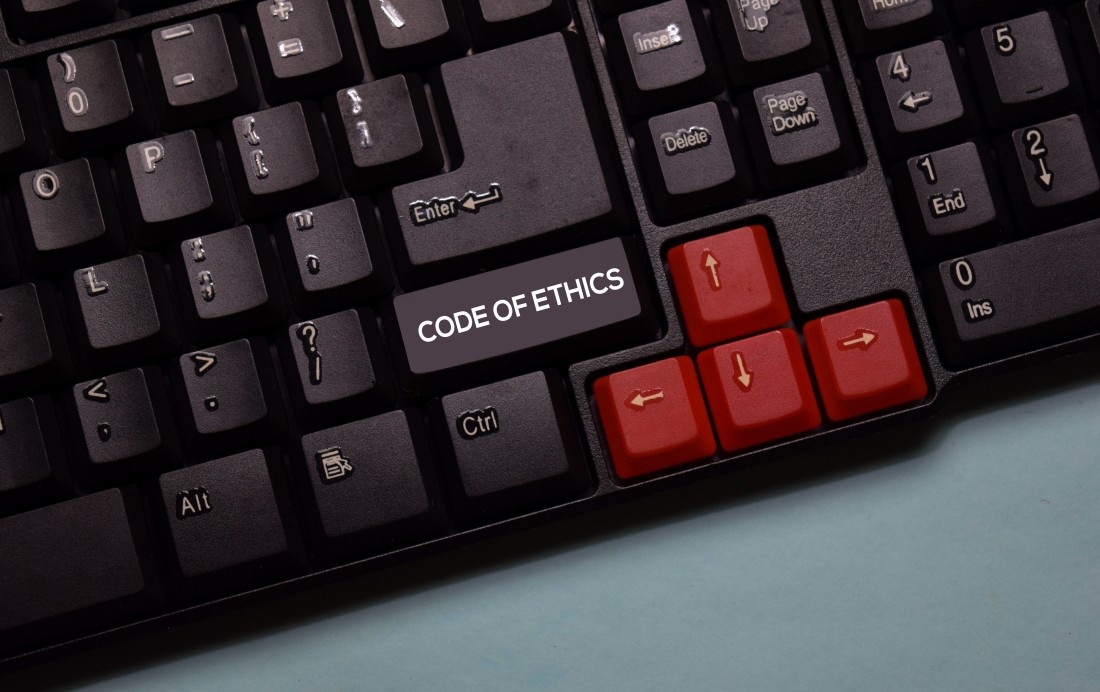Moral Outsourcing and AI: Ethical Accountability

In an increasingly digitised world, artificial intelligence (AI) continues to revolutionise myriad aspects of our daily lives.
Yet, as these technologies become more sophisticated, a critical concern is emerging — one that addresses the blurred lines of responsibility for the impact of AI on society.
The concept, termed "moral outsourcing" by AI researcher Rumman Chowdhury, underscores a contemporary ethical conundrum of technological advancement.
Chowdhury has multiple titles, including Responsible AI fellow at Harvard and former head of Twitter’s Meta team, and she is also a global policy consultant for AI.
This moral dodge presents a new twist in the narrative of technological progression, transforming the issue of bias into something seemingly inextricable from AI. It further shields technologists from acknowledging their role in creating products that might perpetuate societal biases.
As AI technology advances, the potential for it to reflect and amplify societal prejudices increases. This reality, argues Chowdhury, is a pressing issue for AI developers and regulators alike.
“You would never say ‘my racist toaster’ or ‘my sexist laptop’,” she said in a Ted Talk from 2018. “And yet we use these modifiers in our language about artificial intelligence. And in doing so we’re not taking responsibility for the products that we build.”
(Ted talk quote, repeated in https://www.theguardian.com 29 May 2023)
We must understand the origins of these biases in our AI systems, which are the products of human creation and training. This means acknowledging that technologists and society at large have a very important role to play in taking responsibility for the products we build.
Red-teaming

To identify and rectify biases or errors, Chowdhury advocates for the implementation of third-party auditing or red-teaming in AI. This process encourages programmers and hackers outside of an organisation to push a technology to its limits, identifying potential issues that may have been overlooked by the original developers. It's a practice that could ensure AI systems adhere to the highest ethical standards.
In light of the global impact of AI, Chowdhury also proposes the establishment of a global governance board for AI. This independent group, diverse and representative of global perspectives, would oversee AI development and use. While the idea is promising, its implementation would undoubtedly be complex, with numerous legal, cultural, and ethical hurdles to overcome. Yet, it represents a profound step towards a more accountable AI future.
Collective responsibility
The concerns Chowdhury raises are shared widely among experts in the field of AI ethics. It's a collective responsibility that extends to all developers, users, regulators, and society at large, ensuring AI technologies are developed and used in a manner that
- benefits humanity,
- respects human rights, and
- minimises harm.
This isn't merely an ideal to aspire towards—it's an imperative for the age of AI.
The concept of moral outsourcing underlines the broader conversation around AI's ethical implications. It reminds us that accountability for AI—and indeed all technology—isn't something to be shirked or outsourced. It's a shared obligation, fundamental to ensuring a fair, equitable future in our increasingly digitised world. As we navigate this future, we must remember that our actions today will shape the ethical landscape of AI tomorrow.

